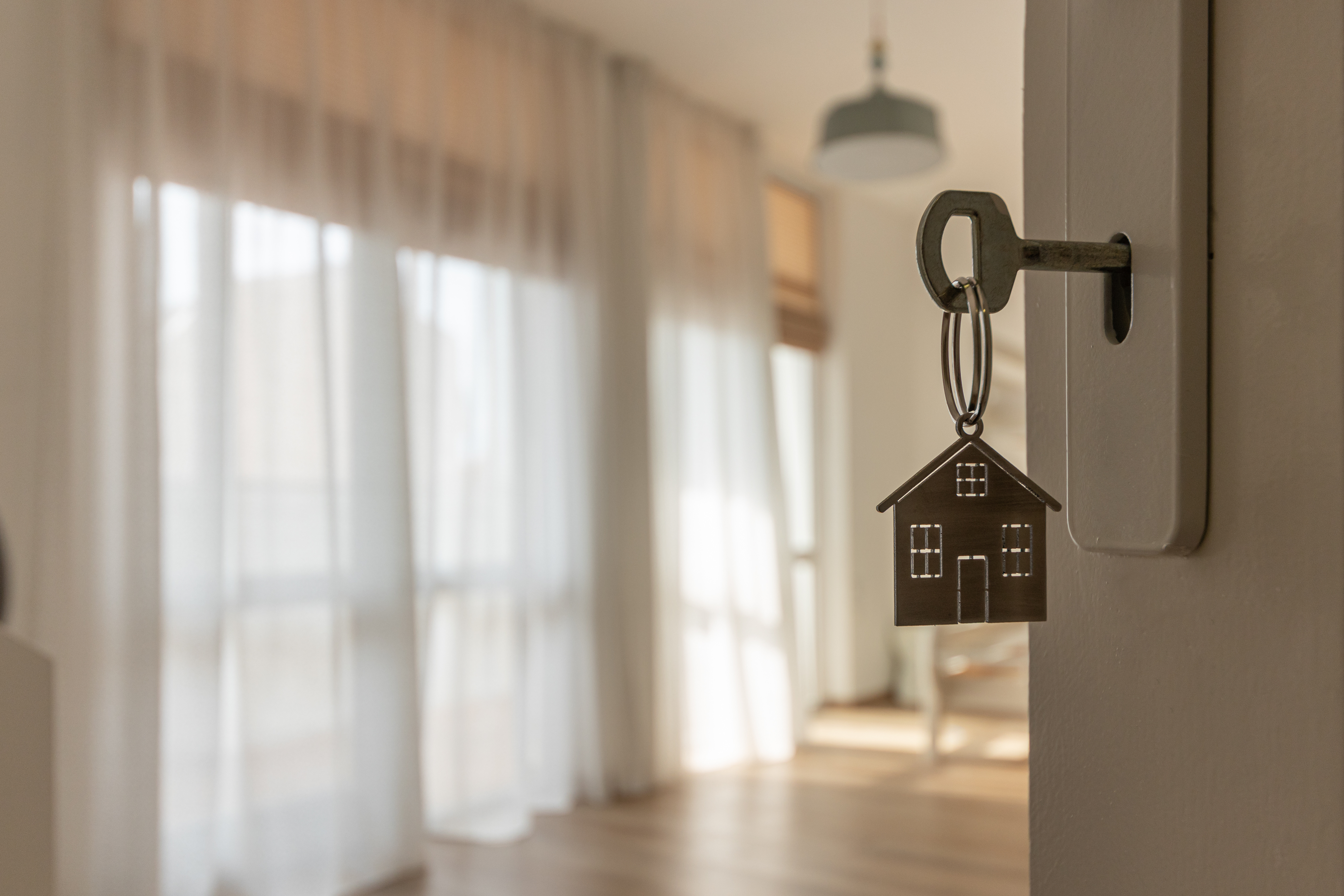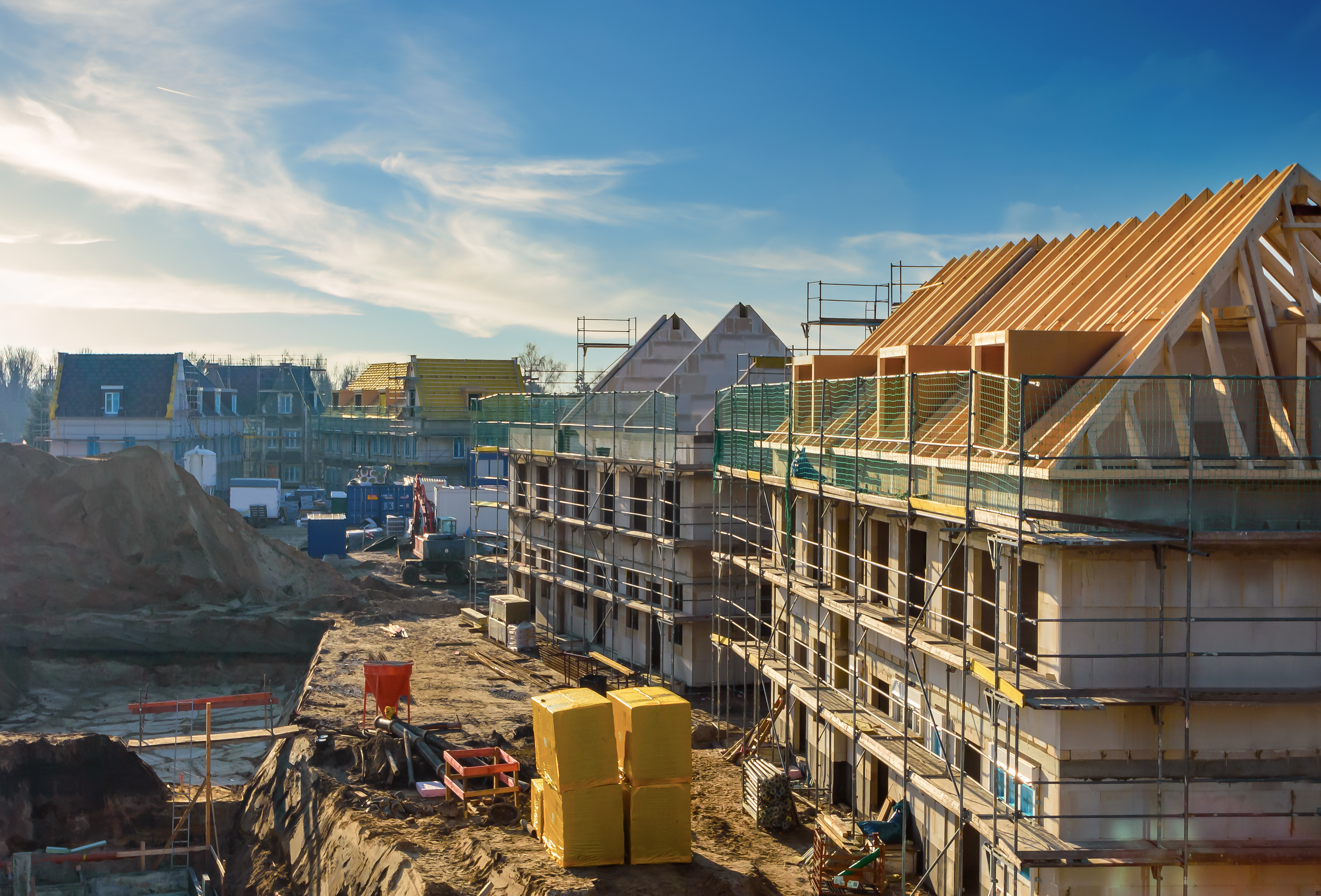Posted on: Thursday, January 26, 2023
Buying a new build home is a slightly different process to that of buying a traditional house, but there are many benefits to be reaped from buying one of the most modern and up-to-date houses on the market. Read on to find out everything you need to know about buying a new build home.
New builds have plenty of appeal for buyers, one of the most notable being the opportunity to be the first person to live in a brand-new home. Repairs and redecoration costs are also expected to be kept to a minimum in a home that hasn’t been previously lived in, allowing a ready-made appeal. New build buyers can also often select fixtures and fittings to tailor the property interior to their taste – eliminating the need for them to do any of the work themselves upon moving in.
In accordance with the Government’s First Homes scheme, first-time buyers may be able to buy their home for 30% to 50% less than its market value. To secure this discount, the home in question needs to be new and built by a developer, or purchased from someone else who originally bought it as part of the scheme. Since new build homes have to comply with the latest UK building regulations, they are far more energy efficient than older properties, allowing the owner to save on energy bills. This can feel like a huge relief for first-time buyers who might not be used to paying hefty bills each month.

If you’re thinking about buying a new build as a first home, unlike other properties, you will most likely need to plan on living there long term. This is because new builds take a lot more time to grow in value than older homes. A new build that has been lived in for a couple of years has much less appeal than a brand-new home or a well-established home, so your pool of potential buyers will be small in the first few years. Being the first owner, you will also be the first to test out the property and discover any potential issues. This can be challenging to navigate if you have never owned a home before.
New build homes hold the promise of being ‘ready-made’, but unfortunately, this isn’t always the case. As mentioned previously, the first owner will be the first person to truly test out the home, so there is potential for faults to present themselves after moving in. The good news is; many house builders and developers offer a warranty and protection scheme from the National House Building Council (NHBC). More than 90% of new homes built in the UK are covered under a warranty as home builders would struggle to sell a property without one, and mortgage lenders usually insist on it. Other than wear and tear, most policies will cover all major defects in the home, and you should contact your builder directly in the first instance to resolve the issue.
When buying a new build, you may have to option to buy ‘off plan’ – which means buying a home that is yet to be built. This is a great option if you’d like some say over the construction work, but there are a few things you’ll need to keep in mind:
• You will need to double-check what is included in the price, like kitchen fittings and carpeting
• Some mortgage lenders will be deterred by off-plan properties, so it’s important to do your research when finding a lender
• You will be given a long stop date and a short stop date. The short stop date is when the developer expects the building to be ready, whereas the long stop date is the deadline in which the property needs to be built by.

Finding out whether your prospective home is freehold or leasehold is extremely important, as your future prospects for this home will be dependent on this factor. Leasehold means that you are given a lease from the freeholder to live in the home for a designated number of years. Thankfully, the leases for new build homes are usually long term – ranging from 90 years, 120 years or even as long as 999 years. However, there are certain conditions attached to a leasehold property and you will need to weigh up whether the restrictions will allow you to own the home as you desire to.
Ready to search for your first home? The Guild are here to help. Our team of trustworthy professionals will guide you through the process whilst offering as much help and advice as possible.